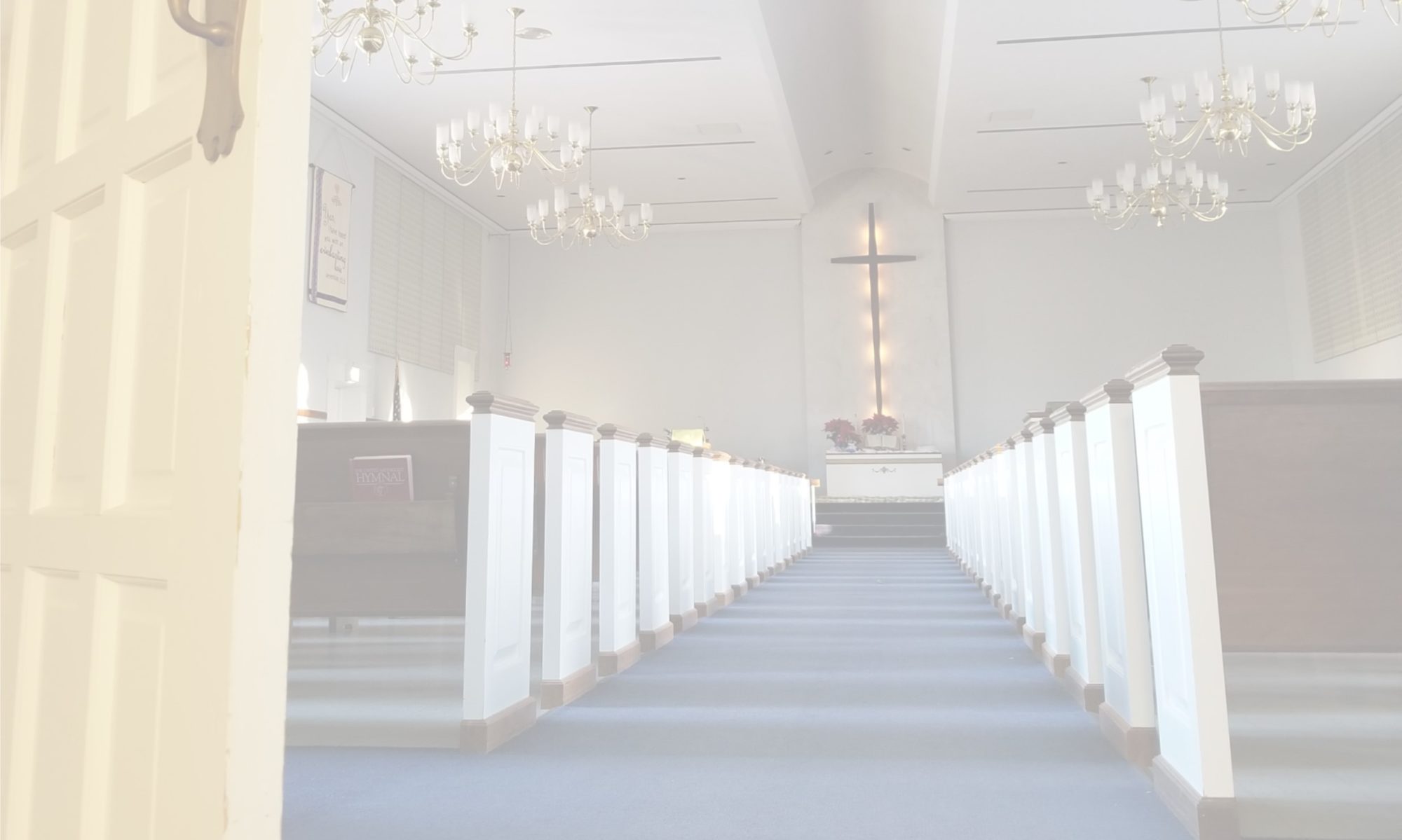

 On the 23rd of April 1918, Ed, age 11; Harold, 8; Robert, 4; and Jack Panzer, 2, were surrendered to Happy Valley School at Pomona, NY. The reason given was “having no adequate guardian”. Their mother was ill and hospitalized at Bellevue and their father worked overnights as a waiter. Just over one year later, Agnes Panzer came to the Children’s Aid Society to drop off another child, 13-month-old George. Herman Panzer, her husband and the father of the children had died in January of that year and she could no longer care for the baby either. She spent the rest of her life in mental institutions in New York.
On the 23rd of April 1918, Ed, age 11; Harold, 8; Robert, 4; and Jack Panzer, 2, were surrendered to Happy Valley School at Pomona, NY. The reason given was “having no adequate guardian”. Their mother was ill and hospitalized at Bellevue and their father worked overnights as a waiter. Just over one year later, Agnes Panzer came to the Children’s Aid Society to drop off another child, 13-month-old George. Herman Panzer, her husband and the father of the children had died in January of that year and she could no longer care for the baby either. She spent the rest of her life in mental institutions in New York.
 The four older boys had been shuffled from foster home, to facility, to foster home and back. By October of 1922 they were all at the Brace Farm School. Little George was sent there as well, a complete surprise to the older boys. The boys weren’t there long. At the end of that month, all five Panzer brothers boarded an Orphan Train to Tekamah, Nebraska. Agent Alice Bogardus was in charge and she was determined that the boys would be placed in close proximity so they would have each other as they grew up. The boys vowed to each other that they would always keep the surname Panzer and they would always stay in touch.
The four older boys had been shuffled from foster home, to facility, to foster home and back. By October of 1922 they were all at the Brace Farm School. Little George was sent there as well, a complete surprise to the older boys. The boys weren’t there long. At the end of that month, all five Panzer brothers boarded an Orphan Train to Tekamah, Nebraska. Agent Alice Bogardus was in charge and she was determined that the boys would be placed in close proximity so they would have each other as they grew up. The boys vowed to each other that they would always keep the surname Panzer and they would always stay in touch.
Each brother found a separate home in Tekamah. Edward Panzer was taken by Lester Lotz. Harold found a home with Earl Babbett. John “Jack” was taken by the Bucy’s. Little George was taken by a couple who didn’t keep him long. The man loved George, but his wife did not want any part of it. So, the Bucy’s took George as well.
The fourth brother, Robert, was taken in by Earl Peck. It is reported that he was raised in a good home. By the age of 16, in 1930, he was lodging with the local florist and was the janitor at the Methodist church. It is during this time that Robert found his calling to become a pastor.
Robert would receive a wonderful education. He attended Nebraska Wesleyan University with his older brother Harold. Robert, like all his brothers, was very active in sports and clubs. All the Panzers brothers were talented track athletes while attending Wesleyan and ran the mile and two-mile race. Robert was a gifted forensics competitor. He placed in oratory competitions during college as a member of the national honorary forensics fraternity, Pi Kappa Delta. Robert didn’t stop there, he loved to perform in theatre productions, such as the one act play “The Well-Remembered Voice” in 1932 at Wesleyan. He was also a founding member of the Crescent Fraternity chapter at Nebraska Wesleyan in 1933. Robert would continue his education after Wesleyan completing a doctorate in theology from Boston University.
 Robert became a Methodist pastor and his first pastorate was in North Salem, New Hampshire. He served the First United Methodist Church of Sacramento, California from 1952-1974. His last pastorate was in Coronado, California. His talent in the theater and as an orator would serve him well as a pastor.
Robert became a Methodist pastor and his first pastorate was in North Salem, New Hampshire. He served the First United Methodist Church of Sacramento, California from 1952-1974. His last pastorate was in Coronado, California. His talent in the theater and as an orator would serve him well as a pastor.
Robert was the proud father of two children, Elizabeth Jean and Robert McClaren, with his first wife, Jean McClaren. He married Vera Ford in 1976. Robert passed away in 1995.
In Bob Dotson’s book “American Story” one of Robert’s most memorable moments as a pastor was recounted: Harold, at the age of 80 was getting remarried. It was a joyous and rambunctious affair! All five brothers were present. Edward, John, and George were groomsmen. Robert began the ceremony by saying, “Dearly beloved, we are gathered together here in the sight of God and” – he paused – “these brothers.” Everyone in the congregation laughed! The ceremony continued and Robert said, “Now if you can find a person named Panzer you may kiss her.” Harold then jokingly kissed all of his brothers before kissing his bride. The brothers then embraced their newest family member.

